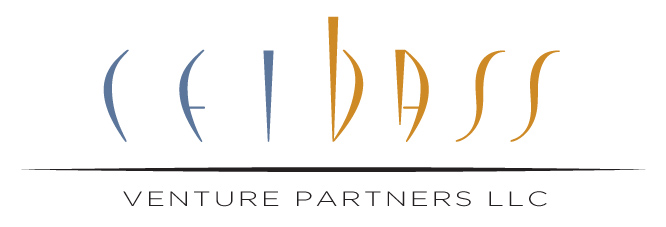The enterprise value specialists at Ceibass help owners of lawn and landscape businesses buy and sell their companies. They are also involved in helping owners increase the value of their businesses.
“When it comes to value, one of the most important considerations is what makes your lawn and landscape business different and better than your competition? What is your unique value proposition? Why should a potential customer select you?” said Tom Fochtman, Ceibass CEO. ”The answers to these questions are critically important. But I’m struck by how often the answers to these important questions are poorly thought out, and unconvincingly delivered. Why will prospective clients pick you as their landscape partner vs the other guy? You all plant trees the same way. Use the same mowers. What is new and different about you? I’ve got a lot of choices in who I select as my contractor. Make it easy and explain to me why it is so obvious that I should pick you as my landscape partner? Take the time to design compelling answers to these questions.”
Why don’t some business owners put significant effort into differentiating themselves from competitors? The team at Ceibass provided some thoughts:
- Lack of Business Acumen: Some business owners may be experts in their craft but may not have extensive knowledge or experience in business management and marketing strategies. This can make it challenging for them to understand the importance of differentiation and value creation.
- Time and Resource Constraints: Running a landscaping business can be demanding. Between managing employees, unprecedented staffing challenges, handling client requests, ensuring quality of work, dealing with equipment, and other day-to-day operations, business owners may find they have little time left for strategic planning and implementation.
- Complacency: If a business has a steady stream of clients and is making a comfortable profit, the owner might see no immediate need to change their approach or invest in improvements. Getting too comfy can lead to complacency, which can be risky in a competitive market.
- Perceived Costs: Differentiating a business and creating additional value often requires investment, whether it’s in better equipment, employee training, marketing, or other areas. Some business owners may be hesitant to spend this money, get too greedy or too conservative, particularly if they’re not confident it will pay off.
- Fear of Change: Some people are resistant to change, especially if the current way of doing things has brought them some level of success. They may be concerned that changes could lead to unforeseen problems or difficulties or they may not know how to change.
- Lack of Awareness: Some business owners may simply be unaware of the benefits that differentiation and increased value could bring. They might not realize that these efforts could lead to increased customer loyalty, the ability to charge higher prices, greater business stability, and higher valuations when they sell the business.
“It’s crucial for business owners to recognize that investing time and resources into differentiating their business and increasing its value can be highly beneficial,” added Tom. “Don’t let any of the above reasons take you away from such an important fundamental task.”







